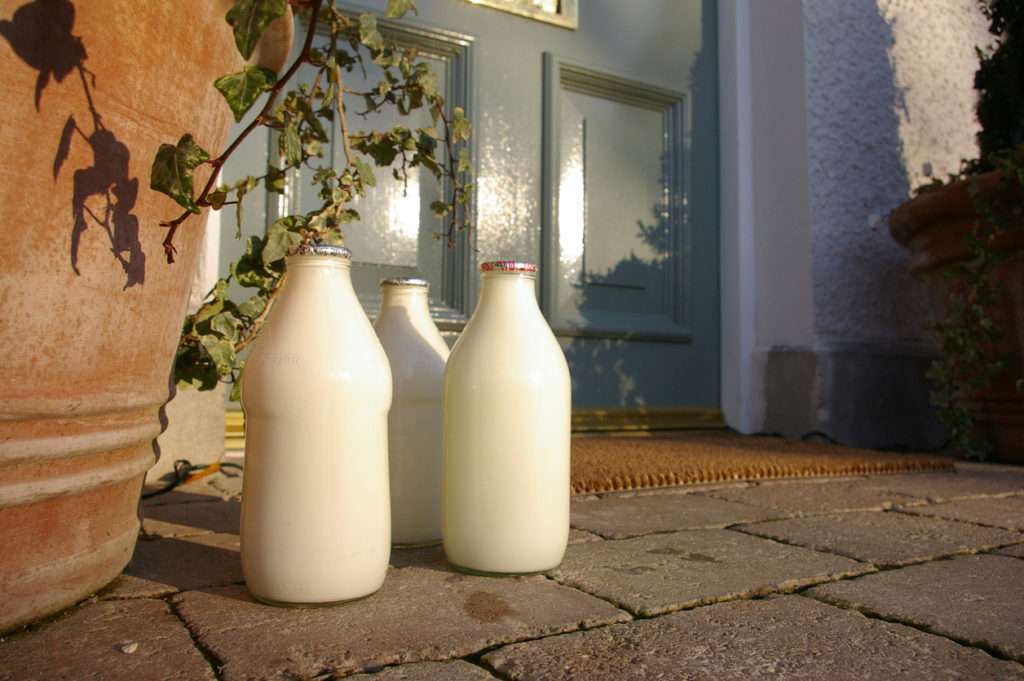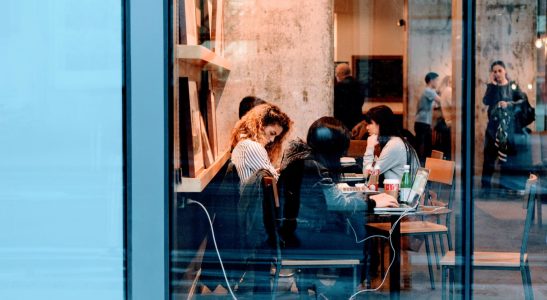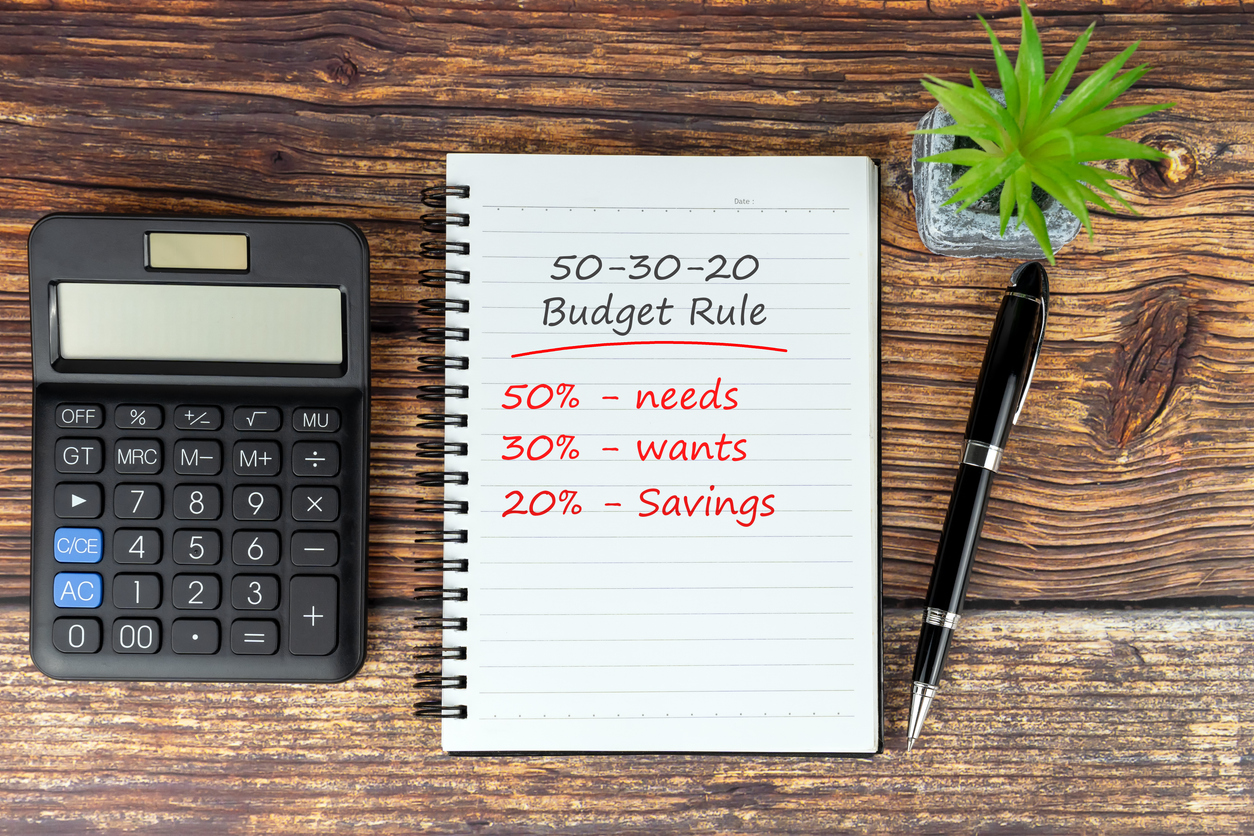Changing Our Food Shopping Habits For Better Health, Community And Sustainability
Sustainable Living | 18th September 2020 by Micky Clancy
Covid-19 affected us all in different ways and for many of us our weight in particular, with 48% of people saying they have gained weight since the lockdown began. Don’t worry if you’re part of that statistic though! We’re living through a pandemic, and it’s an acceptable outcome that we may not always feel on top form. On top of weight gain, we were forced to rethink our food shopping habits during the lockdown because finding a supermarket delivery slot meant sometimes waiting for weeks. In this article, we explore ways in which we can sustainably change our food shopping habits to the benefit of our health and wellbeing and also the environment.

A question many of are now asking is how can we find local solutions to our food shopping habits helping us get us back on track with our health and supporting local businesses at the same time? Rather than trying hundreds of fad diets, the NHS recommends we follow a simple mantra – eat less and move more. By altering our food shopping habits, we may be able to reverse the lockdown weight gain healthily.
In becoming more conscious of what we consume, there is also the concern of what is in our food and how it is packaged. With evidence showing the extent of plastic in our food chains, there is greater awareness of how we can be more responsible with our shopping habits. By buying as much as we can plastic-free, we are not only helping our planet, but we can impact our efforts to purchase healthy food.
Food production
Food systems have been in place since the beginning of man. The trading of crops and livestock would ensure all members of a community consumed a varied diet. Of course, we have progressed from trading amongst communities to global food trade. A study by the University of Minnesota tracked the global supply chain of cheeseburgers utilised in a fast-food chain. With over 50 ingredients in one burger, the only continent that did not contribute to the supply chain was the Arctic. It’s an incredible fact that drives the argument for buying and eating more sustainable, locally grown foods.
Sustainability in foods
With charities like the WWF claiming that our food consumption is contributing to almost 60% of global biodiversity loss, sustainability has become a strong focus in the food industry, and amongst concerned consumers looking for ways to try and buy and eat more sustainably too. During the lockdown, we were bombarded with articles informing us that the usually murky waters in Venice had become crystal clear and that air pollution had dropped by up to 60% in some regions of the UK. Having the whole world grind to a halt highlighted humanities contribution to our struggling environment.
So, how can we change our food shopping habits to support better health, communities and our environment?
Packaging
One of our Solo Living articles discusses how we can take steps towards a zero-waste kitchen, informing us how we can make small changes in our food shopping habits that will benefit the environment as well as ourselves. Plastic-free packaging is the way to go, and slowly plastic alternatives like silicone, cardboard/paper and natural fibre products are being offered as an alternative.
Amazingly, more and more plastic-free social enterprises and shops, are popping up around the UK. It’s worth checking your local area to see if you have one nearby. If you’re new to the concept of Community Interest Companies (CICs) when you find one, pop in and chat with staff who will be more than happy to help you on your journey to plastic-free shopping.
Packaging
Locavore based in Glasgow is one such company who say they exist “to help build a more sustainable local food system which is better for our local economy, the environment and our communities… We’re about making the money spent on food do more for the benefit of society and our environment”. Since 2011, they have opened a shop, developed a market garden, established a veg box scheme and have managed to get people more engaged in thinking about issues food, where it comes from, and the fairness and sustainability of mainstream supply chains.
If you don’t have a community interest food shop nearby try out your local market, greengrocer, bakery and butchers. Many of these businesses have been around for years or have recently emerged in response to our desire for more local, fresh and artisan food options. Much of their produce is local and can be sold with much less packaging or with packaging which can be recycled easily. For the butchers, bring your tupperware (thoroughly cleaned), and your produce bags for the bakery and greengrocers. Small businesses are usually more than happy for you to use your own containers, and some even encourage it.
The milkman’s return
The revival of refillable glass bottles has been phenomenal. Before the introduction of plastic packaging, the milkman was a fond and familiar sight across the UK. However, with the advent of large and local supermarkets, open all hours; over the decades’ milk deliveries became less and less popular. But, with the increasing popularity of environmental movements and a desire to shop locally, the milkman is back! Not only that, but companies like MLKMAN, now offer plant-based milk in refillable glass bottles – making your milk delivery even more environmentally friendly!
Local food deliveries
There may be occasions when you are too tired to make it to the shops, or you simply do not have enough time. Then, meal kit services may be perfect for you! Meal kits are the little boxes delivered to your door, with a recipe card and all of the ingredients weighed out to precisely what you need. It has been found that they have a lower carbon impact, with the average greenhouse gas emissions being a third lower than if the ingredients had been bought in a supermarket. Why? Meal kits suppliers have a very streamlined supply chain, as well as pre-measured ingredients, resulting in low food waste.
Supermarket home food deliveries also have their perks! With multiple shops being transported in just one vehicle, it means that numerous cars are taken off the road, reducing the overall carbon emissions caused by transport. During the lockdown, home delivery became a lifeline for many, and it is reassuring to see that the popularity of the service has remained.
Recently, there has been an emergence of deliveries that only provide their customers with plastic-free, locally grown produce. There is something wholesome about knowing your food has travelled relatively few miles from producer to doorstep, making it as fresh as possible. However, there is some controversy with buying locally grown food. Some fruit and vegetables can be more environmentally harmful when grown in heated greenhouses in the UK, rather than naturally growing in their country of origin. The best way to reduce the carbon impact of your food is to buy in-season fruit and vegetables.
During the lockdown, it can be said our awareness of environmental problems has increased, and hopefully, our appreciation for nature has too! With food shopping being a habit we all have in common, it can be argued that buying food more sustainably is something we have to tackle ‘head-on’ in terms of improving our personal environmental impact. We can show our solidarity, by voting with our stomachs – buying food that’s best for the environment, and best for your body.
Changing Our Food Shopping Habits For Better Health, Community and Sustainability
Share this post:
Hear from Solo Living now and then by signing up to our mailing list





















